Cyberbullying has become a prevalent issue in today’s society, demanding immediate and effective solutions. Incidents arising from violent, obscene, and rude comments are increasingly common. Human intelligence is now being challenged to find innovative ways to address these issues, with Al emerging as a critical tool in this endeavor.
It’s concerning indeed that TikTok, despite its technological capabilities, seems to struggle with deciphering and effectively blocking accounts involved in bullying, especially when it comes to languages like Tamil. This could potentially be due to several factors:
Addressing these challenges requires ongoing improvements in Al technology, including better language processing capabilities and culturally sensitive algorithms. It also calls for robust community engagement and feedback mechanisms to ensure that platforms like TikTok effectively safeguard users from cyberbullying and abusive behaviour.
The sophistication of Al should be harnessed to combat this problem, which can have devastating consequences, including loss of life. It is surprising that social media platforms like TikTok have not yet fully embraced Al for automatic language recognition or decipher. In this era of technological advancement, it is imperative that platforms detect, record, and take decisive action against the use of obscene language. Utilising Al to identify such language can address a significant portion of the problem.
Language verification must extend beyond one or two languages to encompass all languages used in Malaysia to effectively prevent cyberbullying. A friend abroad mentioned that their country employs language authentication systems, indicating that it is feasible for social media providers to implement Al-based language detection, particularly for obscene and violent content. It can be factual or not, but I personally love this idea.
Developing this system requires expertise in both language and technology. Authorities should collaborate to establish the operational framework for this initiative. For instance, if an influencer uses obscene language during a live broadcast, the Al system should alert the authorities, who can then review the broadcast from the point the language was used. This technology would likely deter users from engaging in inappropriate speech during live sessions or comments.
Given that it is now 2024 and technology has advanced significantly, it is essential to decode all languages. While TikTok may currently struggle to block accounts reported multiple times, implementing automatic reporting and removal of violent, obscene, and immoral content could lead to more innovative and user-friendly solutions, preventing such incidents from recurring and protecting other social media users.
Dato Sivakumar
Patron & President
Persatuan Kebajikan Dinamik Sinar Kasih Malaysia (DSK)


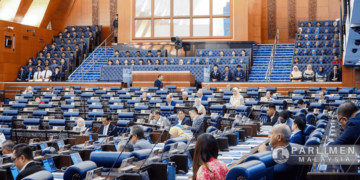



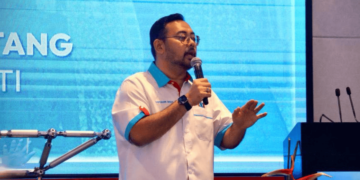


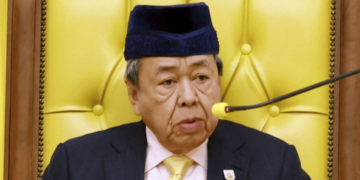
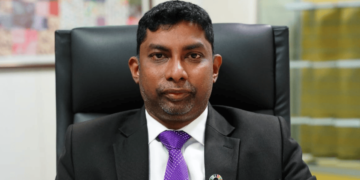










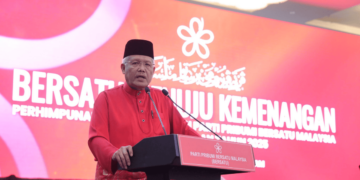


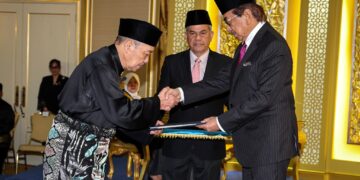
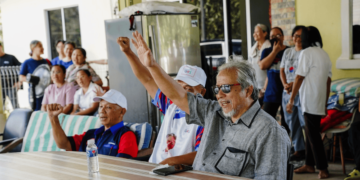




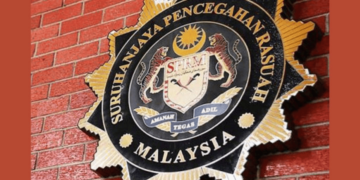



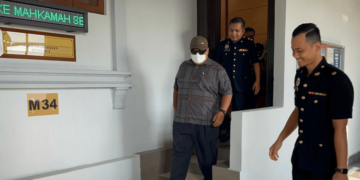
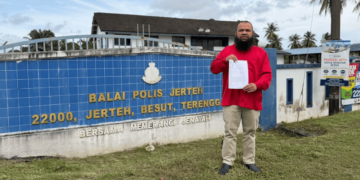



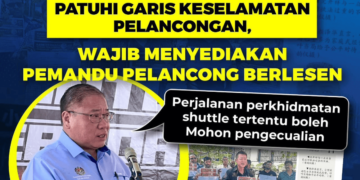
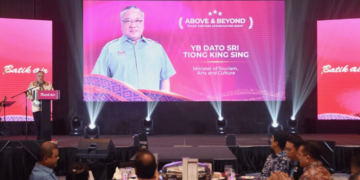
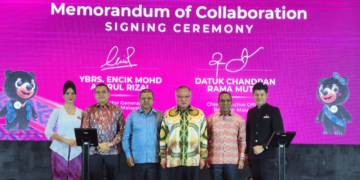
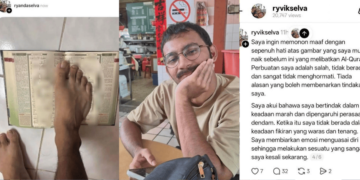


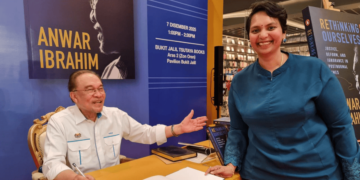

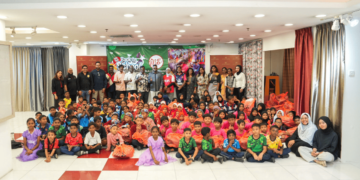



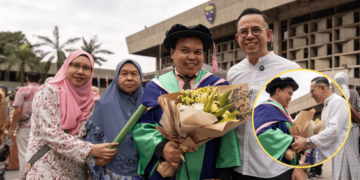




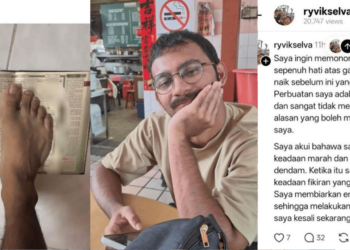


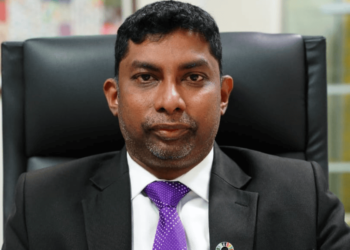


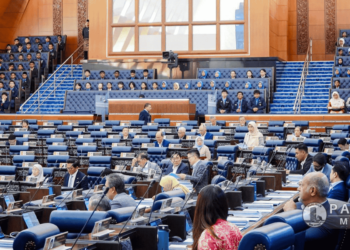






Discussion about this post